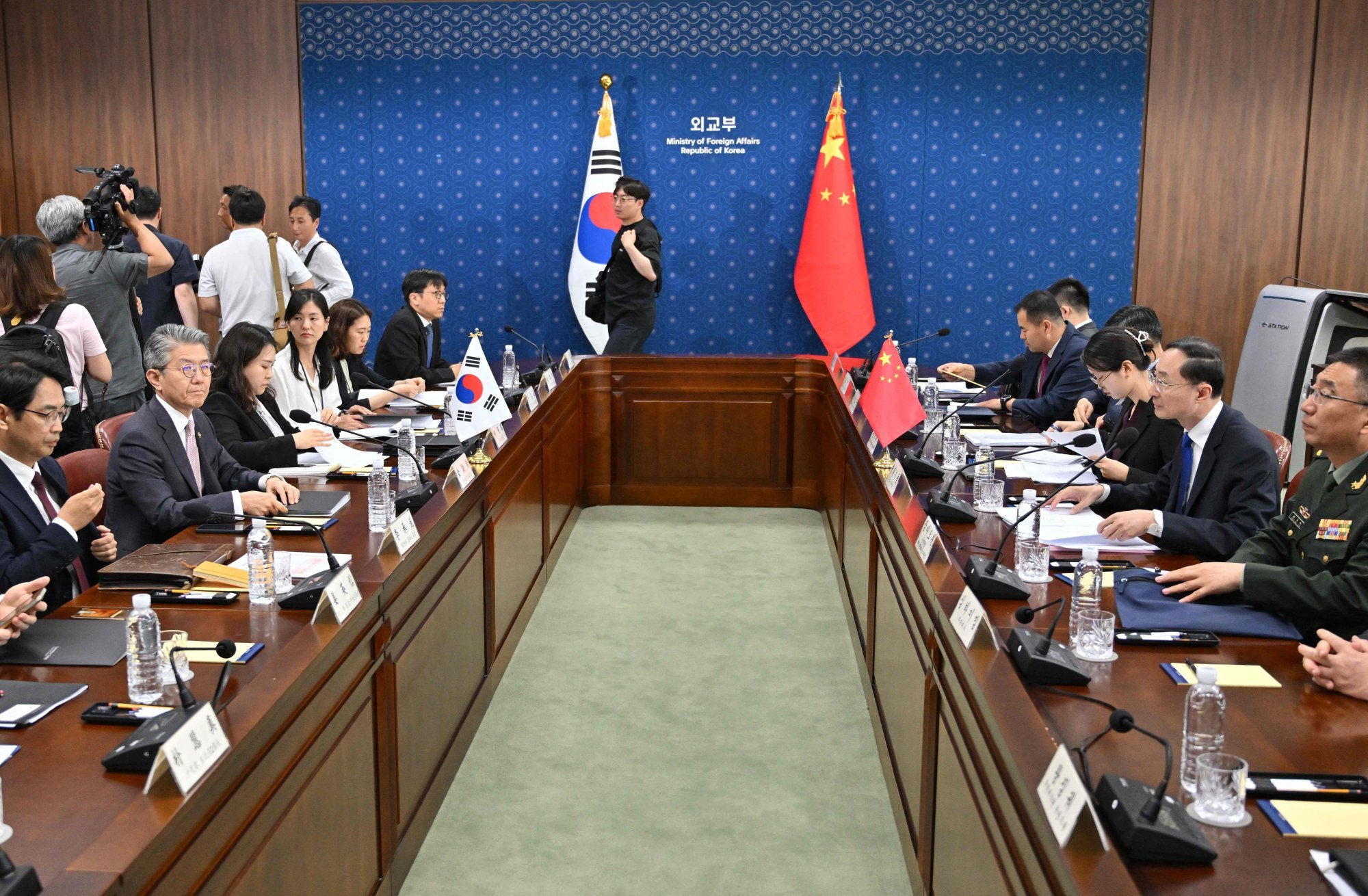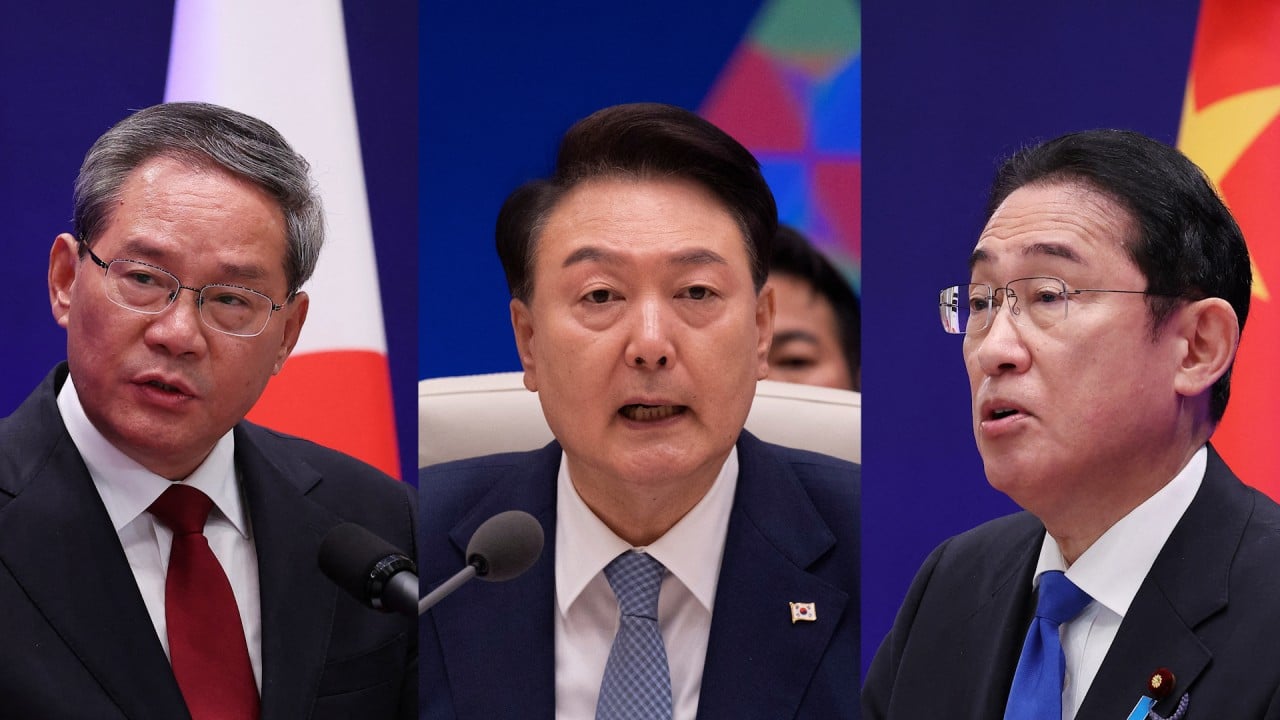In ‘2+2’ talks, China and South Korea agree to push for more ‘political trust’
However, Beijing said the date for the 2+2 dialogue “was agreed upon at an early stage” and it had “no special relevance to other countries”.
Beijing also noted that North Korea and Russia “as friendly neighbours have their normal need to have exchanges and cooperation and develop their relations, and the high-level exchanges are the bilateral arrangements of two sovereign countries”.

According to the Chinese foreign ministry, Beijing and Seoul agreed on Tuesday to carry out dialogue and exchanges at various levels and fields, and “to enhance communication and political trust, and promote practical cooperation” through high-level strategic dialogue.
This included the 2+2 dialogue, and the “track 1.5 dialogue”, discussions that involve government officials and non-government experts.
They also agreed to improve local government and youth exchanges.
The ministry said China promoted global security cooperation through dialogue and negotiation, and opposed hegemony, unilateralism and power politics.
“China and South Korea are both beneficiaries of economic globalisation, and therefore they should jointly safeguard global industrial supply chains, and oppose politicisation of economic issues and … any kind of trade protectionism and barriers,” it said.
“The situation and the development of the situation is clear, and the priority is to cool the situation and avoid escalation of the confrontation, and uphold the right direction of political settlement,” the Chinese foreign ministry said.
“China always draws our own conclusions on issues based on the right and wrong of the matters, and we will continue to play a constructive role in Korean peninsula affairs in our own way.”
The ministry also said Beijing made clear its position on Taiwan and other core interests, and “asked Seoul to properly handle them”.
In addition, South Korea reiterated that its position of respecting China’s position on Taiwan had not changed, according to the ministry.
